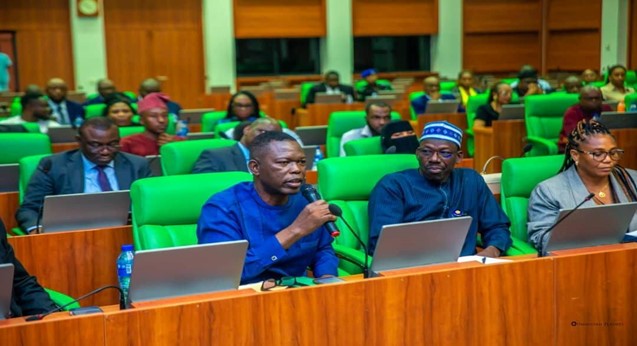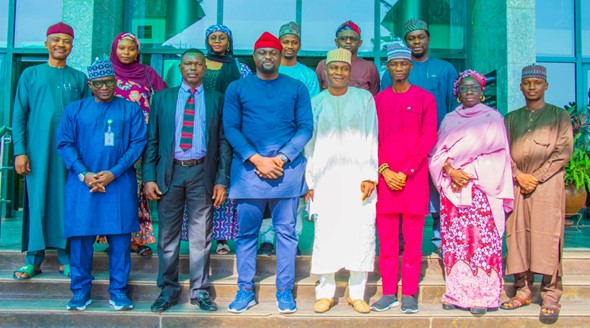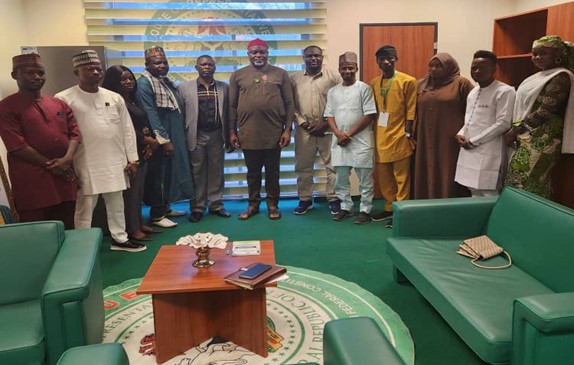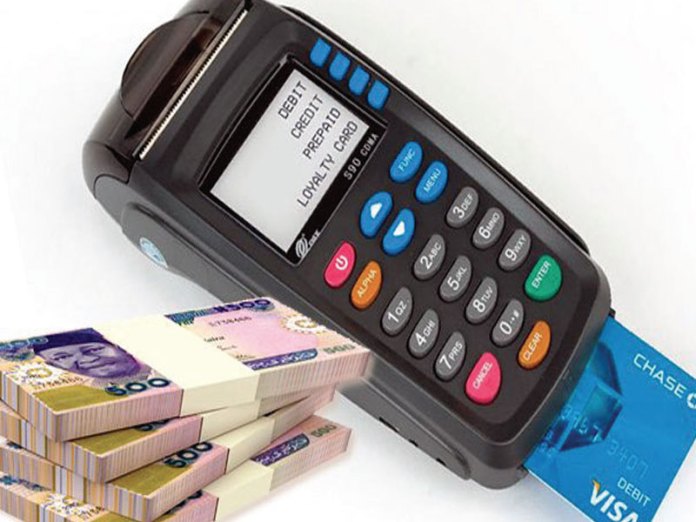Mobile Money & Agency Banking solution is a recent innovation that provides financial transactionservices via mobile phone, including the under banked and unbanked financially excluded populace. There are more than a billion people in the world today who has cell phone but lack a bank account, this is because it’s too expensive for banks to place retail locations and ATMs in poorer & usually rural locations. The new technology helps overcome problems from weak institutional infrastructure and the cost structure of conventional banking. Small size, volatility, informality, and poor governance place constraints on the commercial viability of financial institutions in developing countries (Beck and Cull 2013)
As such, people at the base of the pyramid are often left with only informal networks to transfer and store money. But even these unofficial channels have high transaction costs and are prone to theft or other risks. For example, if low-income individuals were saving by investing their money in livestock, they would be especially prone to unexpected circumstances such as sickness or drought. Mobile money fills this need by providing a variety of financial services, from simple transfers or savings to other, more complicated products. This, coupled with the large growth in mobile phone use – especially in developing markets – makes mobile money deployments popular.
The first mobile money system was launched in the Philippines in 2001. However, in 2007, M PESA (“M” for mobile and “PESA” for money in Swahili) represents the most successful mobile-money platform to date. Originally envisioned as a mobile-based micro-financing application to extend financial access to the under-banked in East Africa, MPESA was retooled as a mobile money platform when it was found that users were using the application more for general money transfers rather than for microloans. The loan component of MPESA was also supposed to be a tool for those at the base of the pyramid – a way for people in urban areas to send remittances to relatives in rural ones. However, the early adopters of M-PESA were actually wealthier groups in Kenya; only later did adoption spread to the middle-class and to the base of the pyramid.
In Nigeria, eTranzact Pie, a financial solution company in December 2010 piloted the scheme and started with the brand name Mobile Money before changing the name to PocketMoniin in January 2011 after they were officially licensed by CBN to fully continue with Mobile Money operation alongside 11 other operators around December 2011. There was a serious adoption challenge of the product even though it show the potentials of solving financial challenges most especially to the under-banked & unbanked populace. The government made a policy to help with the adoption of this innovative idea with a selection of some states as pilot phase (Lagos, Port Harcourt, Kano) around 2012 but still, adoption was low. This might be due to the fact that Nigeria’s model of innovation is Bank led.
In 2017, the introduction of POS as a tool to support the drive of this innovative idea begin to receive an improvement in the adoption of idea. However, the use of POS was still seen around the urban areas of the country. This poses a threat to Banks as they see Agents as a threat to their business revenue line. The rejection of treating POS disputes and telling their customer while were they using POS Agents was high, not to talk of other challenges posed by Bank staff except you use their own Agency banking solutions. This and many more were challenges faced in the adoption of the solution.
The rapid adoption of Mobile Money & Agency Banking solutions gradually starts to move to rural & under-banked areas where it’s really needed before the end of the year 2017. It was an encouraging development as the banked populace with BVN begins to increase. Around mid-2018, the solution sees the involvement of more financial service providers mostly FINTECHs who introduced diversity to simplify how the solution is delivered.
However, some of the providers adopted a destructive approach to reach the populace. This approach greatly affects the aim of the innovative solution to serve the base of the pyramid.
The destructive approach adopted by new solution providers shows clearly that they are just into the business for monetary value and have no interest to provide a real solution to the target of the base pyramid. This birthed influx of Agents into the business created more security threats, lack of technical know-how, issues around reconciliation & issue resolutions. This has seen a rapid increase in challenges faced by end-users has it’s becoming difficult to resolve issues since most people in the business are not well trained. The new solution providers do no longer care about doing proper training and careful selection of Aggregators they serve as a bridge to help communicate & educate new onboarded agents into the business. This set of people, both Agents & Solutions providers are people referred to as “ACCIDENTAL ENTREPRENEURS”.
Association of Mobile Money and Bank Agents in Nigeria (AMMBAN) as the frontier driver of deepening financial inclusion solutions has been working tirelessly to create structure from National to State, and now to Zonal levels. This is to ensure that Agents into the business meeting at least once a month, educate themselves, share challenges experienced at different locations and work in harmony to proffer a lasting solution to address such challenges should in case they surface in the future. In the next article, the office of the National Chief Aggregating Officer will be sharing more light on the importance of Aggregator in the Digital Financial Services (DFS) industry, their role, and responsibility in achieving the goal of Financial Inclusion to the base pyramid.
This article is intended to address the need to call the attention of fellow business associates to focus on the goal of achieving financial inclusion and work in unity as every party, (Banks, FINTECHs, TELCOs, Agents, Aggregators & others) have their role to play.
Hussein Olanrewaju –
07032354284
National Chief Aggregating Officer, AMMBAN




